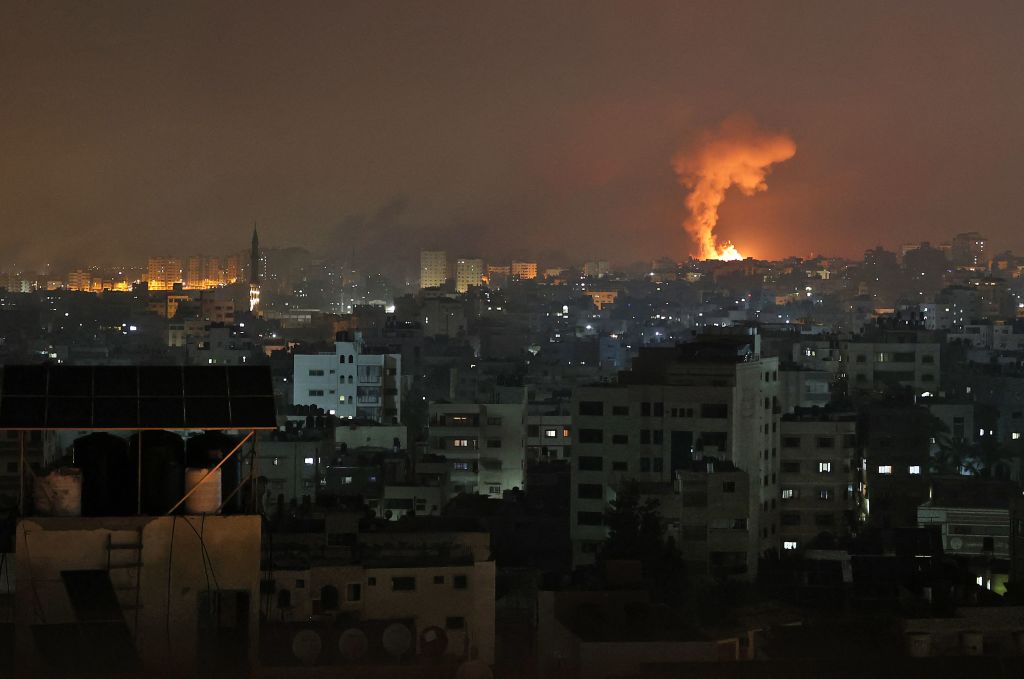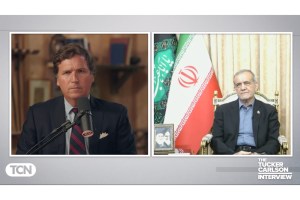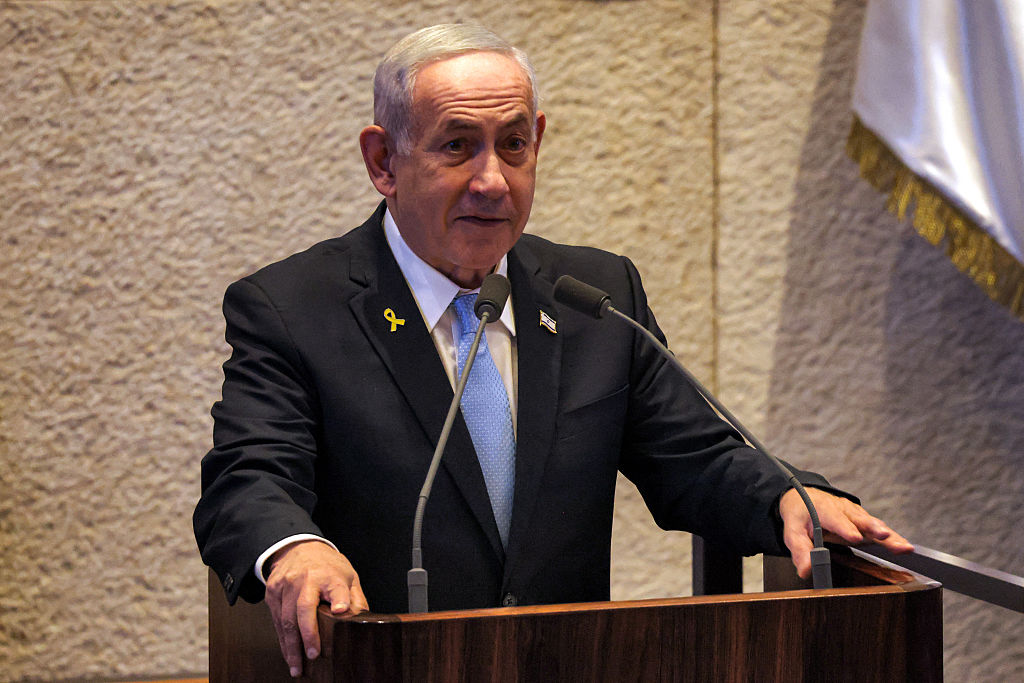Golda Meir, Israel’s first female prime minister, once said that when forced to choose between being ‘dead and pitied’ or ‘alive with a bad image’, her country would opt for the latter. Now that Israel and the Gaza militants have agreed a ceasefire after 11 days of fighting, these words ring truer than ever.
Both sides will now strive to present a ‘victory picture’ to their peoples and to the world. But while Jerusalem may have lost the propaganda war — anti-Israel feeling and anti-Semitism is surging both in Europe and the United States — it emerges from this conflict the strongest, its security boosted by a hugely degraded enemy.
There is some debate over whether Hamas’s decision to go to war was taken by Yahya Sinwar, the group’s leader in Gaza, or the head of its military wing, Mohammed Daif. Either way, the strategic calculation was clear. Mahmoud Abbas, the beleaguered, 85-year-old leader of the Ramallah administration and Hamas’s main factional rival, had pulled the plug on his own elections, creating deep resentment among ordinary Palestinians. Rioting was ripping through Jerusalem, culminating with unprecedented violence inside the al-Aqsa mosque, fueling an intense appetite for revenge. These factors presented an opportunity for Hamas to position itself as the true figurehead of the Palestinian people by launching a major rocket barrage.
This objective, to some extent, was achieved. Yet the price was much higher than the terror group had anticipated. Hundreds of its home-made rockets reportedly fell into Gaza, killing Palestinian civilians, including children. And the organization’s leaders had not reckoned on such a devastating response from Jerusalem.
Israel’s military achievements in the last 11 days outstripped those that came before in Gaza. Its main objective was to destroy Hamas’s network of tunnels, nicknamed ‘the Metro’, which the terror organization had been developing since the 2014 war. More than 60 miles of the Metro were obliterated; not the majority but a significant portion. Intentionally located close to hospitals, schools and other buildings, the tunnels cost at least $50 million to build, absorbing much of the building materials sent into the Strip for civilian use. Beginning with isolated digs that functioned mainly as hiding places, the tunnels gradually developed into a vast subterranean world used to house arsenals, plan operations, train militants and move about undetected.
The loss of a significant portion of the ‘Metro’ has deeply hurt the terror group. This week, a raid by 18 Hamas fighters was foiled after they were targeted under the ground. Towards the start of the conflict, two militants were buried alive after Israel bombed their exit routes. And last week’s abject humiliation, in which Israel lured Hamas into the tunnels by spreading fake news about a ground offensive before bombing them, will be remembered for a very long time.
Intelligence sources report that factions inside Hamas are already grumbling about the reckless decision to invite so much destruction upon Gaza. The years leading up to the war were generally characterized by calm, with Israel investing heavily in infrastructure in the Strip. All this now lies in ruins. This week, Hamas fired mortars at an aid convoy attempting to enter the territory from Israel. As a symbol, it was both poignant and perfect. Hamas may have won the propaganda war, but Israelis have a better chance at living.
This article was originally published on The Spectator’s UK website.

























